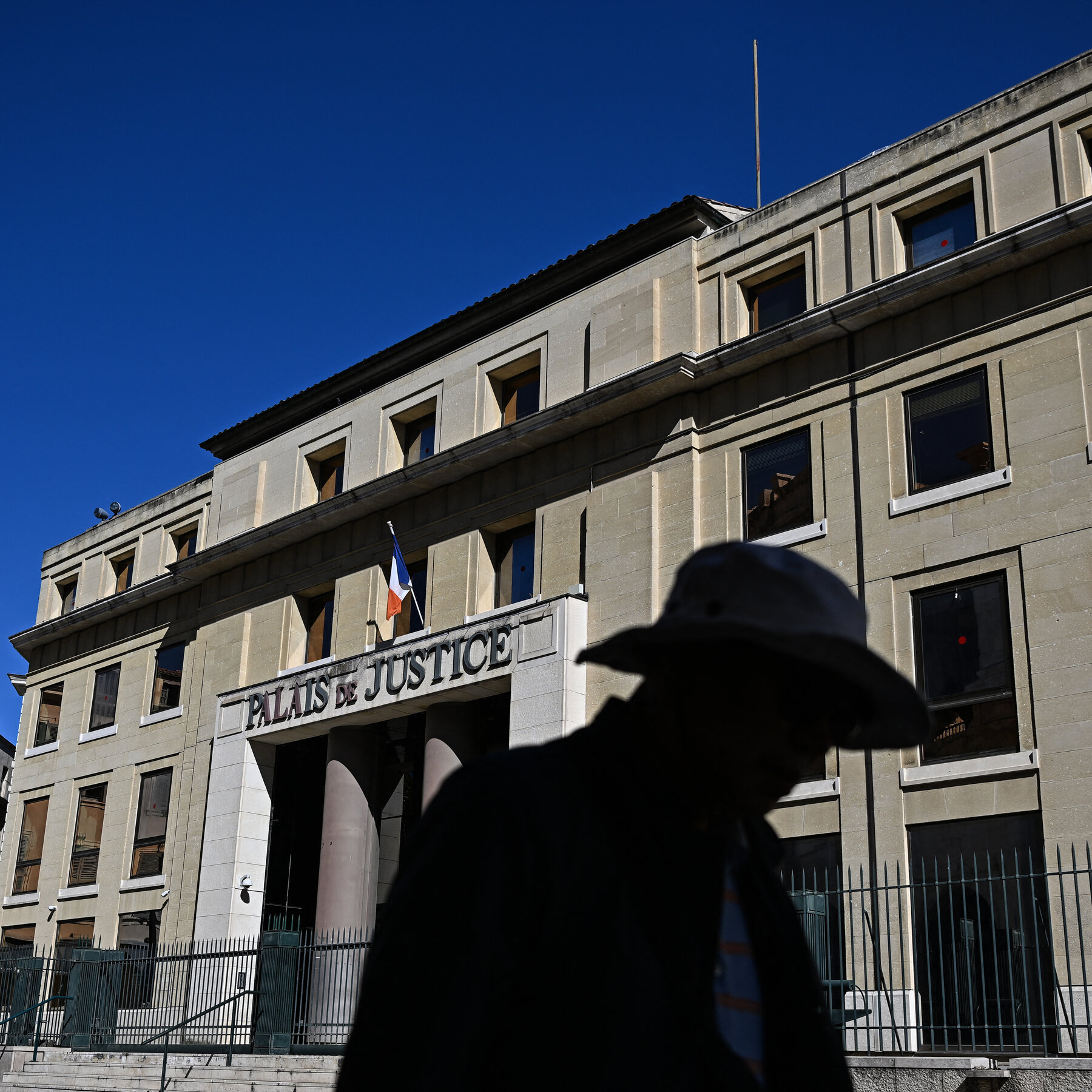Minority Alawites Take to the Streets in Syria After Sectarian Violence
What sparked the protests
Following a wave of unrest in Homs—Syria’s third‑largest city—over the weekend, members of the Alawite community began gathering in public squares to voice their outrage. The demonstrations were a direct response to a series of retaliatory attacks that targeted Alawites, a minority group historically linked to the former Assad regime.
Context of the conflict
The Alawites, who have long been perceived as beneficiaries of the ousted government’s patronage, find themselves once again at the center of sectarian tension. Recent clashes in Homs ignited a cycle of violence, with armed groups launching assaults on Alawite neighborhoods, prompting fear and anger across the community.
Demonstrators’ demands
Protesters called for immediate security guarantees, an end to the “targeted reprisals,” and a broader call for national reconciliation. “We are tired of being scapegoated for past politics,” one participant told reporters, emphasizing the desire for protection rather than retaliation.
Government response
Authorities have pledged to investigate the attacks and increase police presence in affected districts. However, critics argue that these assurances come too late and may not be enough to stem the growing sectarian divide.
Looking ahead
The protests underscore the fragile state of Syria’s social fabric, where historic loyalties and grievances continue to shape the country’s volatile landscape. As the Alawite minority seeks security and recognition, the broader question remains whether Syria can achieve a lasting peace that transcends sectarian lines.





Bu haber çok üzücü. Suriye’de yaşayan insanlar ne kadar korkmuş olmalı. Umarım bir an önce barış gelir.